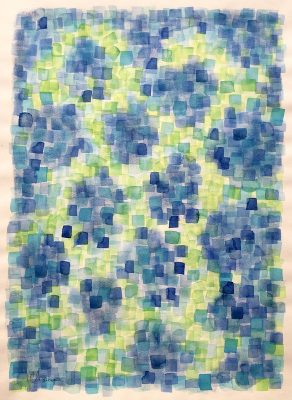To best understand a community, one needs to understand the individuals that compose it. In the case of bacterial communities, such as biofilms, the bacteria are so tiny and so numerous that single cell studies in the laboratory are slow and tedious. Dr. Connie Chang, professor in MSU’s Chemical and Biological Engineering Department, is a leader in the use of “droplet-based microfluidics” to perform such studies far faster than previously possible. In this talk to the Gallatin Valley Friends of the Sciences, she introduces microfluidics methods and their advantages, and describes her work on the behavior and evolution of norovirus and influenza virus. She also mentions upcoming work on Yellowstone biofilms.
Recorded on May 15, 2019 at the Museum of the Rockies.
